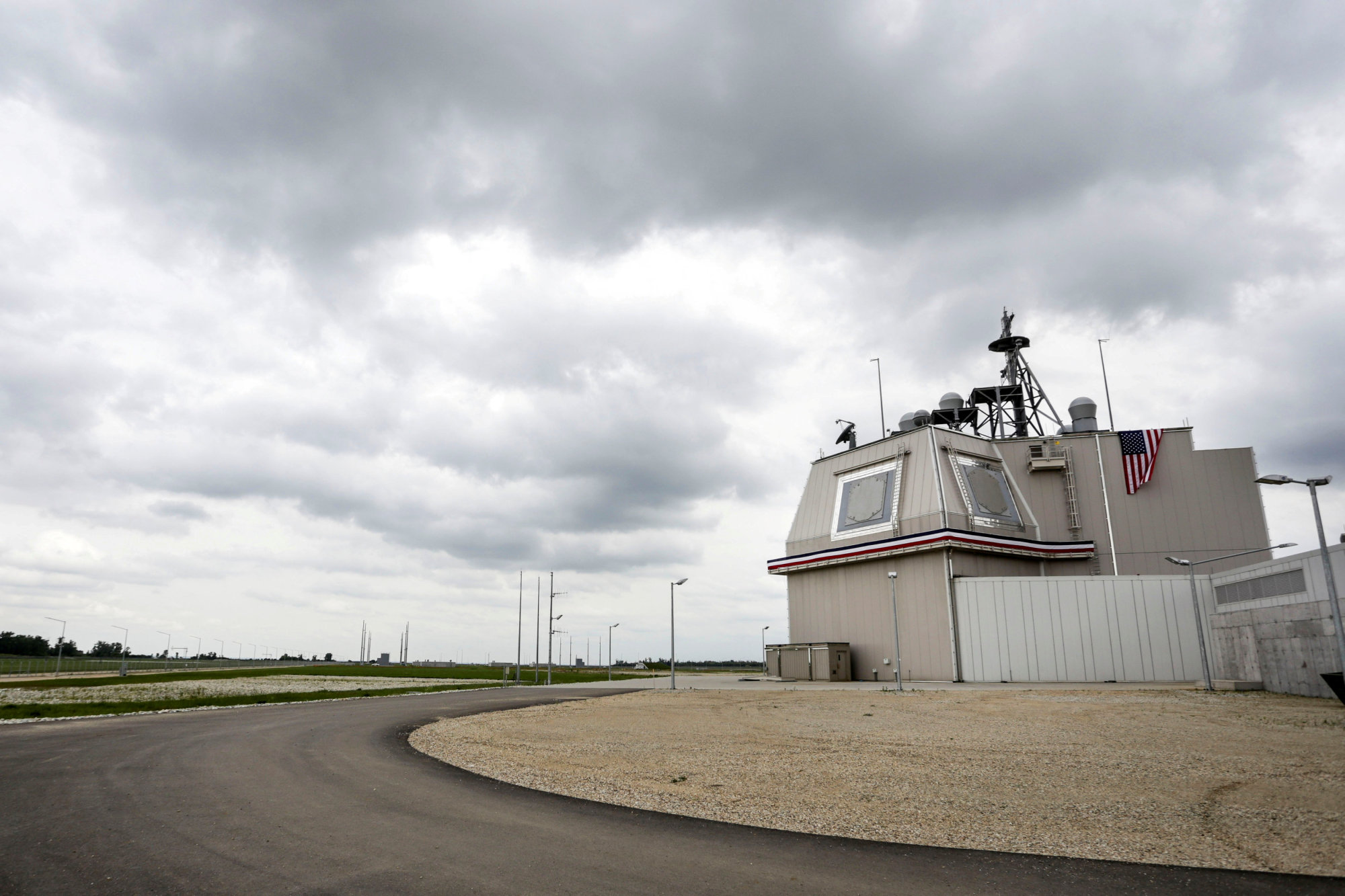Tokyo is worried that Washington's reluctance to arm Japan with a new advanced radar could make the U.S. missile defense system the government plans to install much less capable of countering North Korea's growing threat, three sources said.
Japan wants to have a land-based version of the Aegis ballistic missile defense (BMD) system operational by 2023 as a new layer of defense to help counter North Korea's missile advances.
Yet, without the new powerful radar, known as Spy-6, Japan will have to field the system with existing technology that has less range than a new generation of BMD interceptor missiles, the sources who have knowledge of the discussion said. That could mean that while the interceptor has enough range to strike a missile lofted high into space, the targeting radar may not be able to detect the threat until it is much closer.



















With your current subscription plan you can comment on stories. However, before writing your first comment, please create a display name in the Profile section of your subscriber account page.